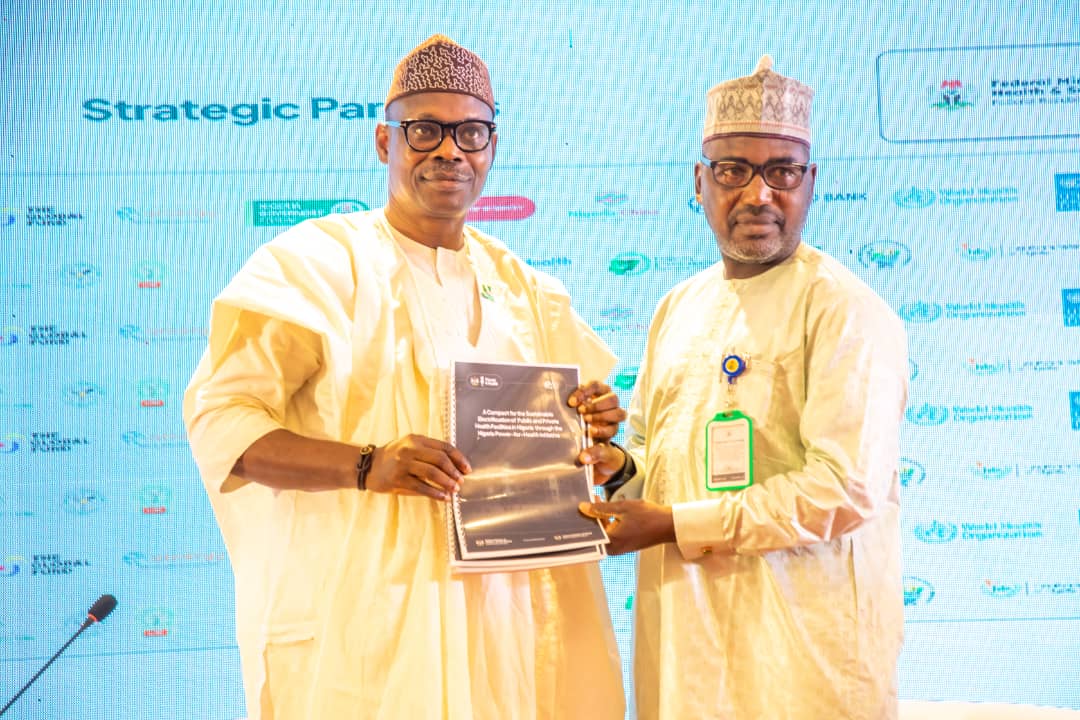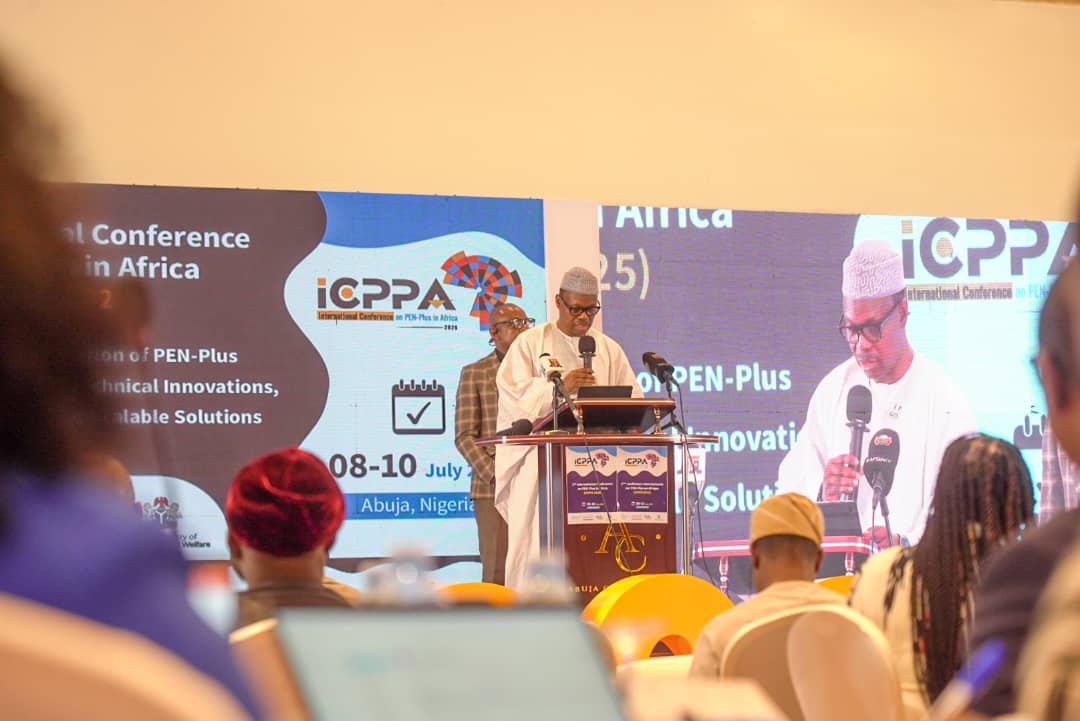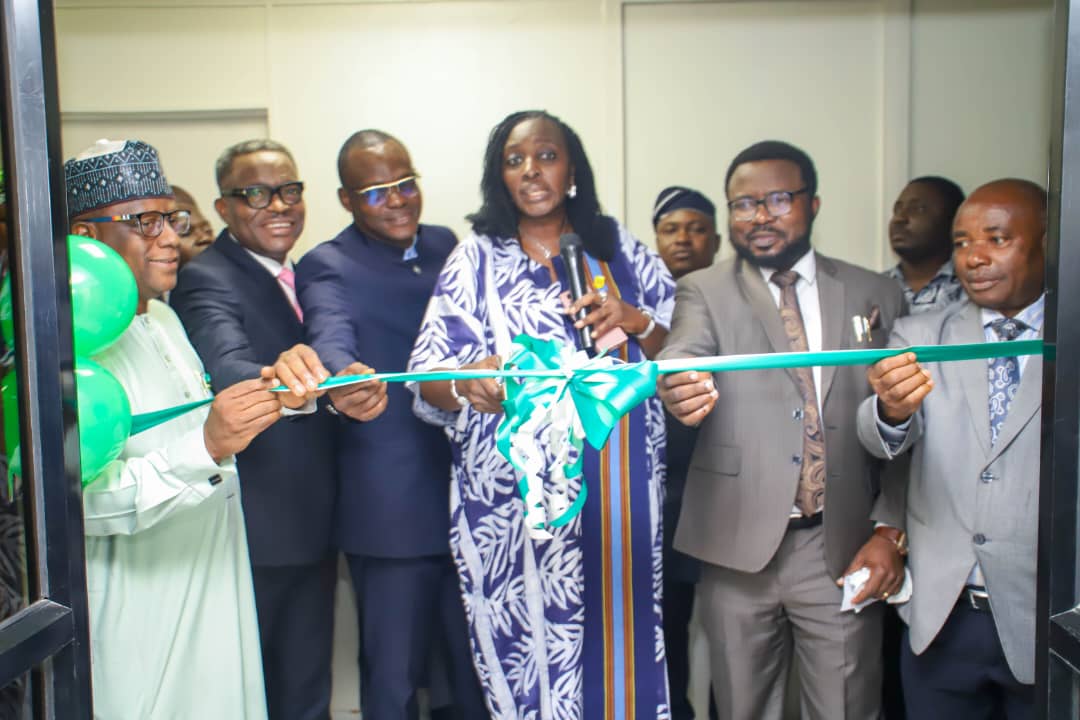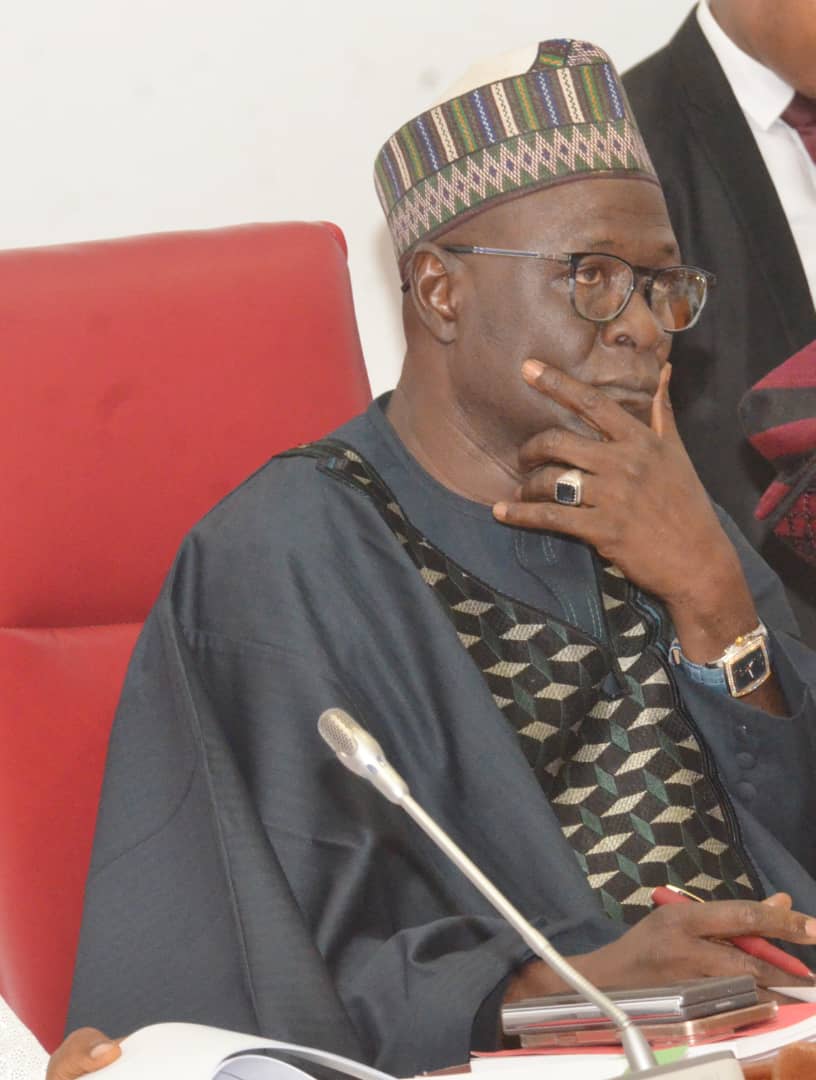
By Fatima Saka
The Federal Government has signed a compact committing to decisive action to tackle the persistent power challenges undermining Nigeria’s health sector, with a target to improve electricity supply to hospitals, clinics, and primary healthcare centres by at least 50% within the next two years.

Minister of State for Health and Social Welfare, Dr. Iziaq Adekunle Salako, announced the commitment at the close of the maiden Stakeholders’ Dialogue on Power in the Health Sector in Abuja on Wednesday. The dialogue convened top officials from the Federal Ministries of Health and Power, heads of agencies, directors, commissioners, civil society representatives, and private sector partners.
Dr. Salako emphasized that while the importance of electricity to healthcare delivery is widely acknowledged, the compact marks a shift from rhetoric to action.
“Our mission, by the grace of God, is no longer to just talk, but to act. The compact clearly commits us to ensure that when we meet again in two years, power supply in the health sector would have improved by not less than 50%,” the minister declared.
He added that the forum provided an opportunity to diagnose the sector’s energy challenges and develop collaborative solutions that balance high upfront investment costs with sustainable long-term affordability.
At the end of the two-day dialogue, a communiqué was issued by Dr. Olakunle Daramola, Secretary to the Dialogue Committee and Technical Assistant to the Minister of State. He announced that the forum concluded with a firm commitment to improve power supply in Nigeria’s health facilities.
Daramola underscored the urgency of the task, noting that inadequate electricity not only drains hospital finances but also compromises patient care.
“Electricity is central to healthcare delivery, and incessant outages directly cost lives,” he warned.
The communiqué also emphasized the need for stronger coordination among government, funders, and development partners. A national coordination framework was proposed to align energy investments and avoid duplication of efforts.
READ ALSO: NAN Reporter’s Abstract On Combating Infodemics Garners Global Recognition At Lassa Fever conference
Onitsha trader’s killing: Soludo assures thorough investigation
According to Daramola, the next steps include establishing a compact implementation and monitoring unit, institutionalizing operational and financial frameworks, and ensuring that domestic-level solutions are integrated into broader national health and energy strategies.
Stakeholders further stressed the importance of cross-sector partnerships involving private investors, NGOs, and civil society groups to guarantee that the compact translates into measurable improvements in healthcare delivery across the country.





